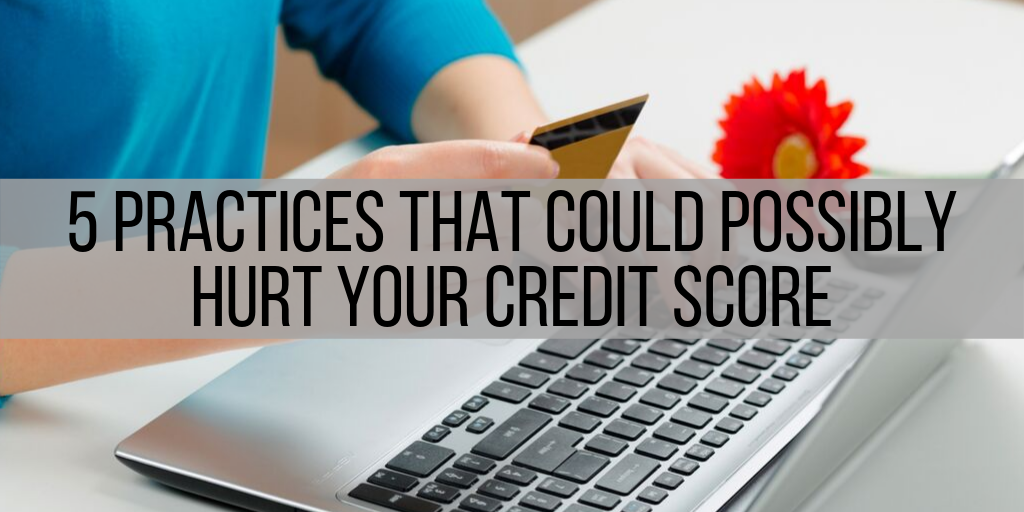
You should know that your credit score affects your financial life in a big, big way. Having bad credit will affect your ability to have a loan approved, how much interest is charged on your loan, or even your chances of getting employed. Maintaining good credit is an important part of adulthood and one that should be taken seriously to help secure your financial future.
Below are five practices that you may not know actually adversely affects your credit score.
- Late payments
You need to pay your bills on time. A big part of your credit score is your payment history, which is 35% of your total credit score. Always being late when it comes to paying your credit card bills can hurt your credit score big time. It’s good practice to set a reminder for yourself when your credit card bills are due. Or better yet, pay your credit card dues soon after you used your credit card to purchase something.
- Not paying
This is probably one of the worst things you can do. If you owe something, you need to pay it back. That is the curse of debt. Paying back something could also mean paying interest. If you can make at least the minimum payment for the month, that would be better than not paying at all because not paying could lead to our third point…
- Defaulting or getting charged off
When you default on a loan or debt, this means that you have not paid your previous debts. Getting charged off means that you can no longer use your account because you have not paid on time for a consecutive number of months. When you have that on your credit record, this will raise a red flag when you apply for loans. Your creditors will see this red flag and they will assume that you have a higher risk of not paying off your debt. They would therefore either not grant you the loan, or grant you one at a higher interest rate than someone with better credit scores.
- Owing too much
If you are someone who maxes out your credit cards on a monthly basis, you could be contributing to the decline of your credit score. The second most important part of your credit score is the level of debt. Even if you do make your payments on time but you constantly max out your cards, this could lower your credit score because constantly maxing out and paying only the minimum could mean you are reaching a financial breaking point.
- Closing old credit cards
This may come as a surprise to many but closing out your old credit cards could possibly hurt your credit scores. This is because 15% of your credit score is your credit history. So if you close your oldest credit card, maybe because you don’t use it anymore, this could make it seem like you have a shorter credit history than you actually do. If your old cards don’t have annual fees, it would be a good idea to keep them.
This article originally appeared on Payment1.com

Thanks, Deb Rhodes
Look me up on Twitter @ckhomes4sale